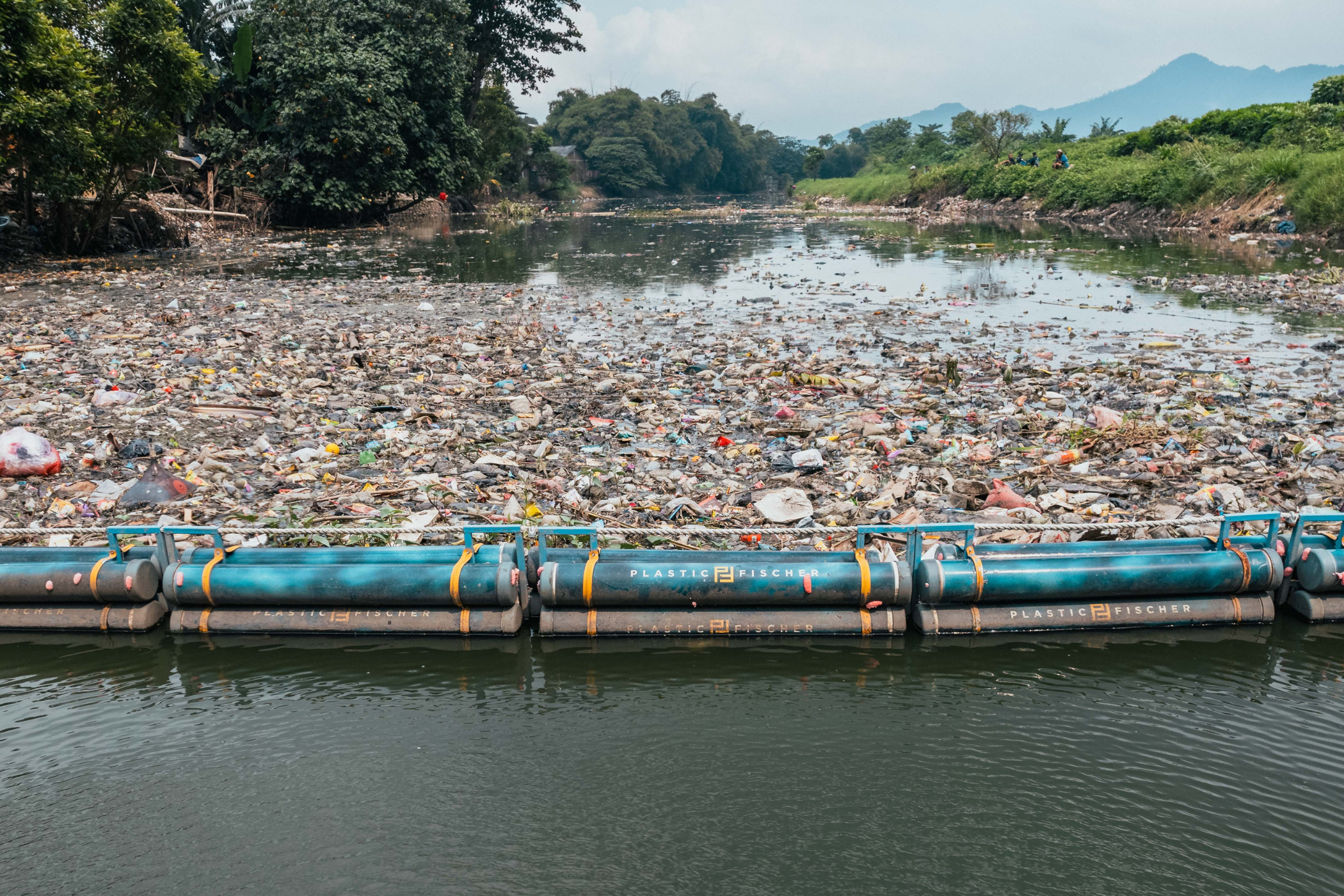🌍 Green Marketing
Green Marketing in B2B: Sustainable strategy or just a green appearance?
Learn how to use green marketing without losing credibility.
What is green marketing?
Green marketing is a marketing strategy that focuses on environmentally friendly products, services and company processes. Ecological sustainability is specifically emphasised in order to position it as a central feature of the brand.
🎯 The goal:
Sustainability as an integral part of our corporate strategy.
Why is green marketing relevant in the B2B sector?
More and more companies are prioritising sustainability when selecting their business partners. This is due to three key factors:
#1 Stricter regulations
Laws such as the EU taxonomy and CSR reporting obligations are forcing companies to operate more sustainably and disclose their environmental impact. Working with sustainable partners makes it easier to fulfil these requirements.
📌 Example: A fashion retailer must prove that its suppliers use sustainable materials in order to fulfil ESG requirements.
#2 Customers demand sustainable supply chains
Sustainability is no longer just an image issue - business customers are increasingly demanding transparent, environmentally friendly supply chains. Companies that excel in this area win long-term partnerships.
📌 Example: An automotive supplier opts for recycled plastics to reduce the carbon footprint of its production.
#3 Sustainability saves costs
Resource-conserving processes reduce costs for energy, materials and disposal in the long term. In addition, banks and investors honour sustainable action with better financing conditions.
📌 Example: A packaging company replaces plastic with compostable alternatives, saving disposal costs and environmental taxes.
✅ The most frequently asked questions about green marketing
Maybe you'll find what you're looking for here
Customers and business partners are increasingly focussing on sustainability. Stricter environmental regulations, ESG reporting obligations and rising consumer expectations are making sustainable business practices a decisive competitive factor.
Genuine green marketing is based on verifiable sustainability measures, whereas greenwashing concerns companies that present themselves as more environmentally friendly than they actually are. If you want to avoid greenwashing, you should provide transparent data, use recognised certificates and not make vague advertising promises.
Green marketing is relevant for all industries, but especially for companies in the consumer goods, food, fashion, technology and logistics sectors. B2B companies also benefit, as business customers are increasingly focussing on sustainable partners.
Advantages of green marketing for companies
✅ Advantages of green marketing for companies Competitive advantages & brand trust through credible, sustainable positioning
✅ Long-term customer loyalty, as sustainability is often a key decision-making criterion.
✅ Cost savings through resource-saving processes.
✅ Better financing options, as banks and investors favour sustainable companies.
Success factors for sustainable B2B marketing
Sustainable marketing only works if companies act credibly and transparently. Business customers expect clear evidence instead of mere advertising promises. These three factors are crucial:
- Transparency & credibility → Open communication instead of greenwashing, verifiable sustainability measures
- Use sustainability certificates → Seals such as FSC or B Corp strengthen trust and prove environmental standards.
- Storytelling & clear communication → Communicate complex sustainability topics in an understandable way with real examples.
Beware of greenwashing
Beware of greenwashing Green marketing means providing honest and transparent information about the actual environmental benefits of a product or company. Sustainable measures should be clearly communicated and backed up with facts.
Greenwashing, on the other hand, occurs when companies present themselves as more environmentally friendly than they actually are. They use targeted advertising or vague terms to feign sustainability without making any substantial changes.
💡 How to avoid greenwashing:
✔ Be precise and transparent in your statements.
✔ Use verifiable facts instead of vague advertising promises.
✔ Only communicate what is actually being implemented ✔ Credibility is the key - sustainable commitment should be more than just a marketing strategy.
Green Marketing Strategies for B2B
Sustainable marketing in the B2B sector requires a clear strategy and credible communication. Three effective approaches are:
✅ Content with added value
Companies should document their sustainable commitment in blog articles, white papers or case studies. This builds expertise and creates trust.
✅ Visibility on social media & in PR
Platforms such as LinkedIn, Twitter & Co. are ideal for sharing sustainability projects and successes. Trade press and industry magazines are also valuable channels.
✅ Partnerships for more impact
Collaborations with sustainable organisations or initiatives strengthen our own impact and expand our network.
💛 100% traceable impact that Plastic Fischer makes in rivers in India & Indonesia

Before

After
Examples of successful green marketing campaigns in B2B
Sustainable companies rely on credible green marketing to make their values and commitment visible. Here are three successful examples and the reasons for their success:
#1 Activism as a marketing strategy
Patagonia
Patagonia goes beyond traditional advertising and positions itself as an environmental activist. With campaigns such as ‘Don't Buy This Jacket’, the company calls on people to consume more consciously. Patagonia also donates 1% of its sales to environmental organisations.
💡 Why does this work?
- Authenticity: Sustainability is deeply rooted in the brand.
- Bold communication: The company actively encourages customers to act sustainably.
- Commitment: Direct financial support for environmental projects
#2 Sustainability as a corporate goal
Interface
With its ‘Mission Zero’ programme, carpet tile manufacturer Interface is pursuing the goal of being CO₂-negative by 2040. To achieve this, the company relies on recycled materials and renewable energies.
💡 Why does this work?
- Vision: Clear, long-term goals with measurable progress that are consistently pursued.
- Transparency: Regular reporting on sustainability measures creates credibility.
- Innovation: Sustainability is used as a driver for product development, e.g. through recycled materials.
#3 Tangible impact for companies
Plastic Fischer
Plastic Fischer offers companies an opportunity to actively contribute to reducing plastic waste. Companies can offset plastic and receive concrete data on how much plastic has been collected through their support.
💡 Why does this work?
- Direct impact: Companies see their concrete contribution to environmental improvement.
- Simple integration: Companies can incorporate sustainability into their strategy without major changes.
- Measurable success: Clear figures and reports create transparency and trust.
🐠 Why is Plastic Fischer the perfect solution for your green marketing?
With Plastic Fischer, you can practise credible green marketing with a measurable impact - without greenwashing. Instead of just talking about sustainability, you can communicate concrete environmental measures.
✅ Direct environmental impact: We remove plastic from rivers before it reaches the sea - your company actively contributes to reducing pollution.
✅ Measurable results: You receive transparent reports on the amount of plastic collected for your sustainability communication.
✅ Social impact: your support creates jobs and promotes sustainable solutions locally
✅ Easy integration: Use your impact for ESG reports, marketing and corporate communications.
🌍 Plastic Fischer makes your green marketing measurable and credible.
Looking for a trustworthy partnership?
Write to us and create a sound basis for your claims with Plastic Fischer
💻 Get in touch with Karsten now and get advice on a possible collaboration
Alles unverbindlich. Kein Spam.







